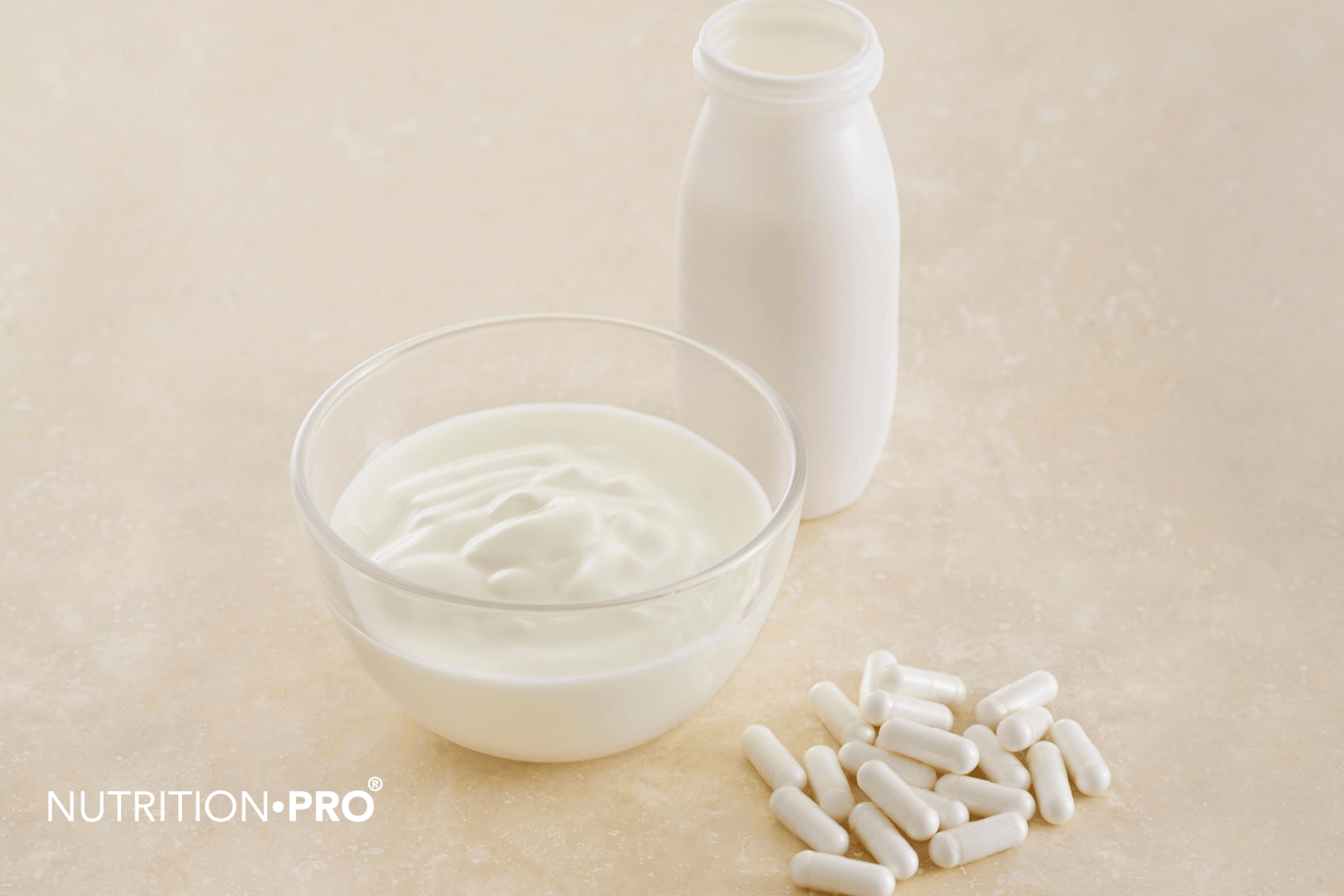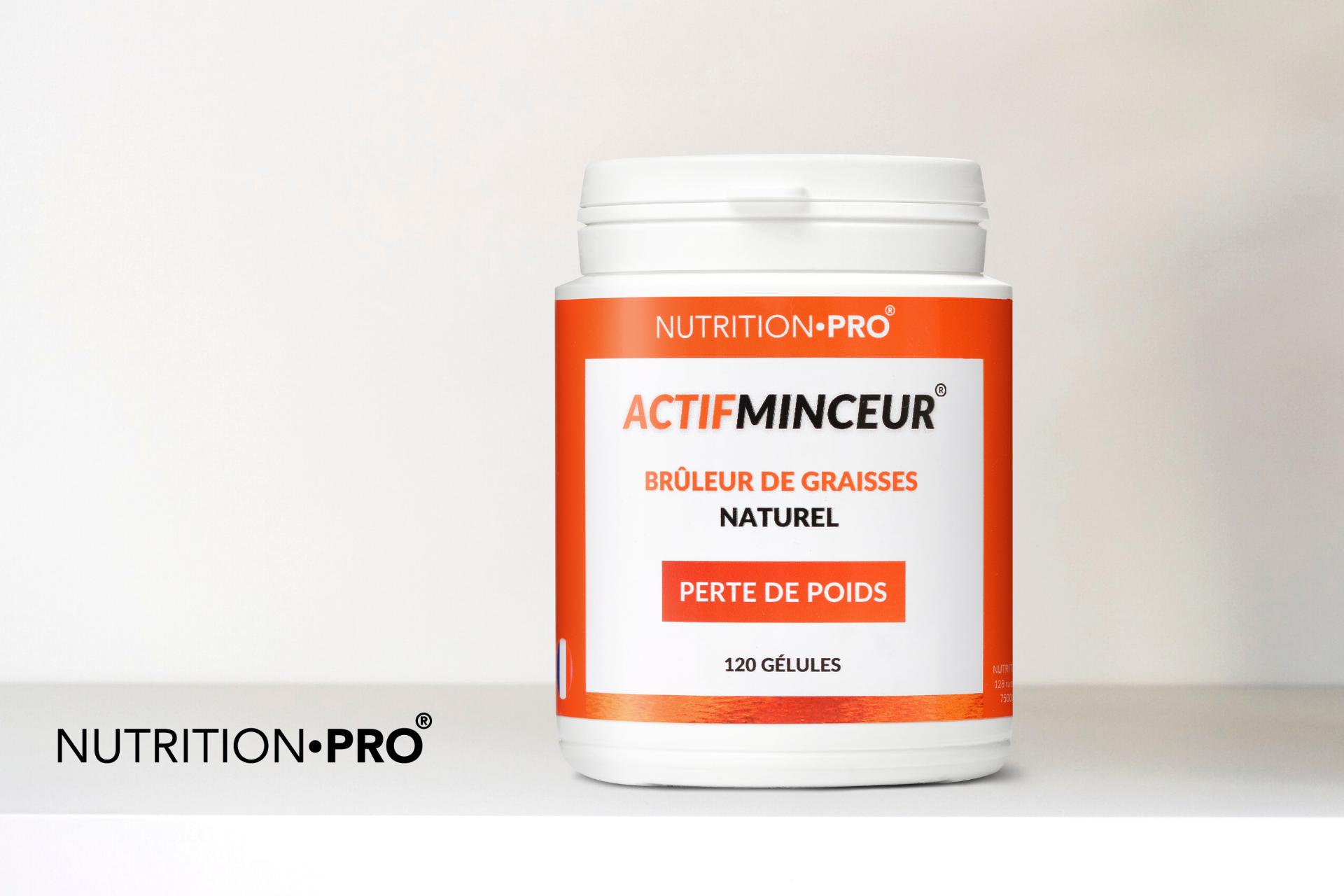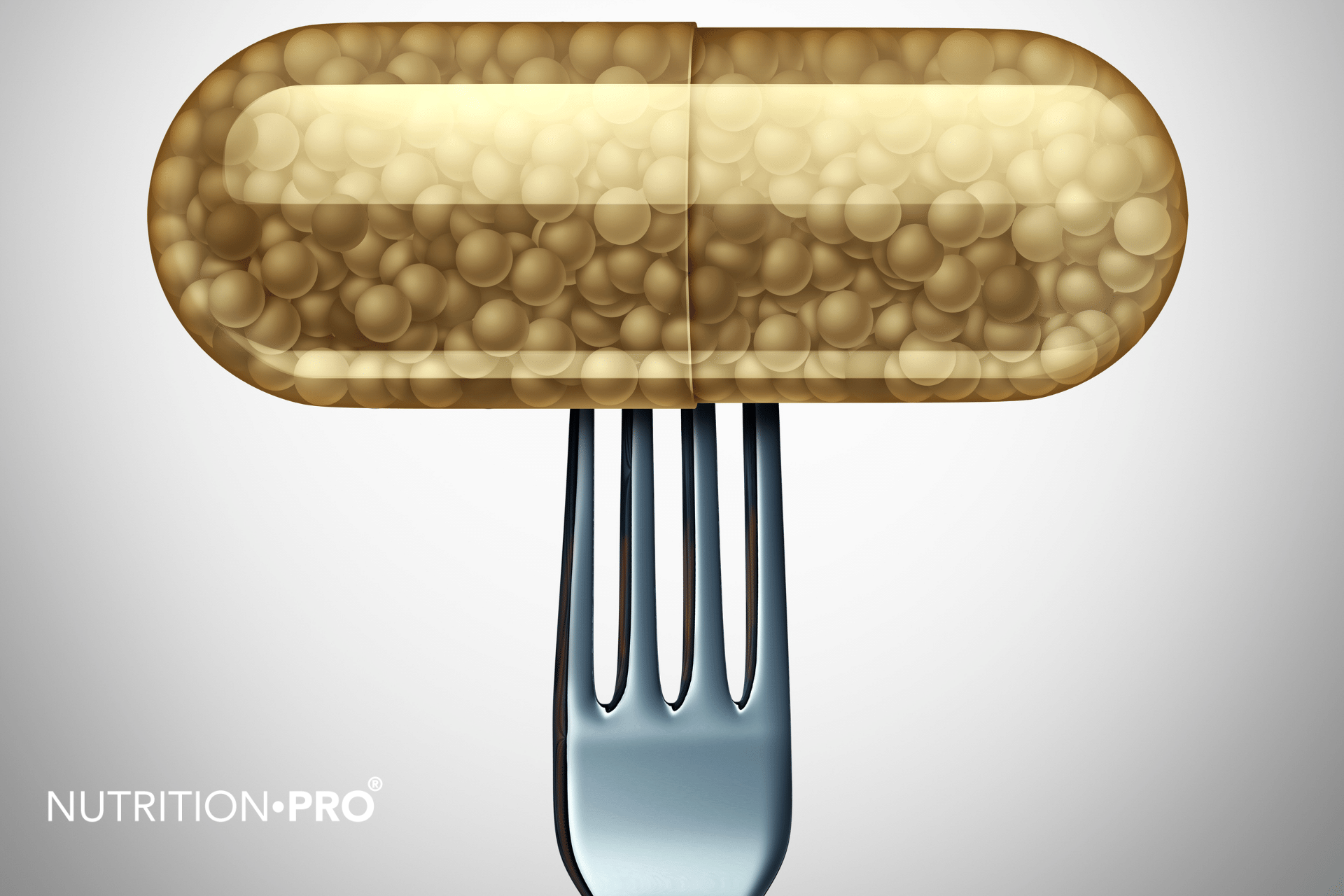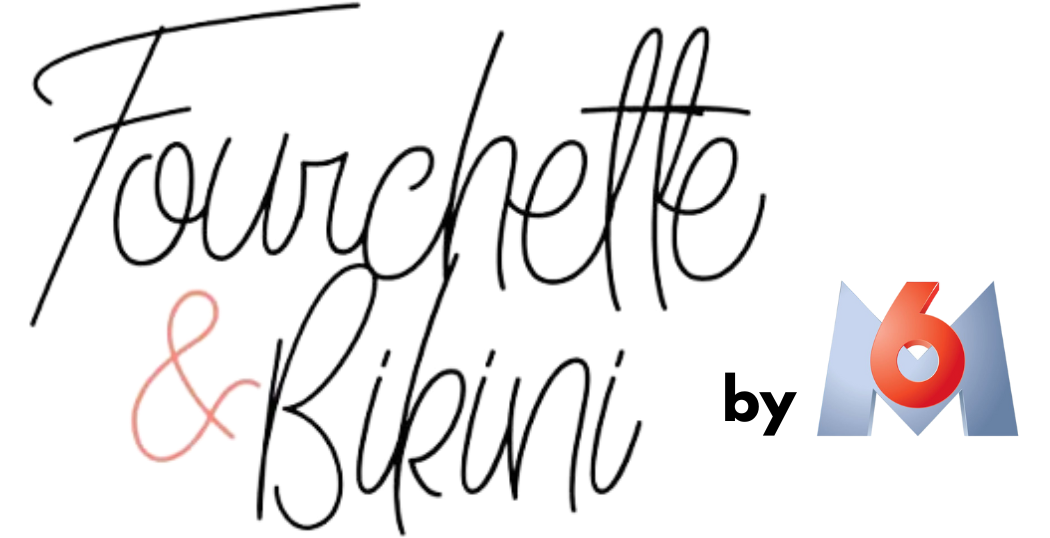Probiotics and the prebiotics are both pretty big topics in nutrition these days. Yet, even though they seem similar, the two play different roles in your health.
Pro biotics are beneficial bacteria, and prebiotics are the food for these bacteria. We'll walk you through what you need to know about both.
What are probiotics and prebiotics?
Prebiotics and probiotics are important for human health. However, they have different roles :
- Probiotics. These are live bacteria found in certain foods or supplements. They can provide many health benefits.
- Prebiotics. These substances come from types of carbohydrates (mainly fiber) that humans cannot digest. Beneficial bacteria in your gut eat up this fiber.
Intestinal bacteria, collectively called flora intestinal Where gut microbiota, perform many important functions in the body.
Eating balanced amounts of probiotics and prebiotics can help ensure you have the right balance of these bacteria to keep your gut microbiota healthy.
Why are gut bacteria beneficial?
The good bacteria present in your digestive tract protect you from harmful bacteria and fungi.
A star
Also, some of your gut bacteria form vitamin K and short chain fatty acids.
Short-chain fatty acids are the primary source of nutrients for the cells that line the colon. They promote a strong gut barrier that helps keep harmful substances, viruses, and bacteria out. It also helps reduce inflammation and may have the potential to reduce cancer risk .
How do foods affect the gut microbiota?
The food you eat plays an important role in the balance of good and bad gut bacteria.
For example, a diet high in sugar and fat negatively influences gut bacteria and may contribute to insulin resistance and other conditions .
Once you feed the bad bacteria regularly, they can grow faster and colonize more easily, without as many helpful bacteria to keep them from doing so .
Harmful bacteria and less healthy gut flora have also been linked to a body mass index (BMI) more high .
In addition, foods treated with pesticides may have negative effects on gut bacteria, although more research is needed to confirm this .
Studies have also shown that antibiotics can cause permanent changes in certain types of bacteria, especially when taken during childhood and adolescence.
Because antibiotic use is so widespread, researchers are now studying how it can cause health problems in people later in life.
What foods are prebiotic?
Before you go out and buy prebiotic supplements expensive , do not forget that many foods contain it naturally.
This is because prebiotics are types of fibers that we found in the vegetables , the fruits and the legumes .
Humans are not able to digest these types of fiber, but your good gut bacteria can.
Food rich in prebiotic fiber include:
- Legumes, beans and peas
- oats
- The banana
- Berries
- Jerusalem artichokes (not the same as regular artichokes)
- Asparagus
- dandelion leaves
- garlic
- The leek
- onion
One of the things your good gut bacteria do with prebiotic fiber is turn it into a short-chain fatty acid called butyrate .
Butyrate has been studied extensively and found to be difficult to preserve without short-chain fatty acids like butyrate .
What foods are probiotics?
There are also many probiotic foods which naturally contain beneficial bacteria, such as yogurt .
High quality plain yogurt with live cultures can be a fantastic addition to your diet if you want to add beneficial bacteria.
fermented foods are another great option because they contain beneficial bacteria that thrive on the sugar or fiber naturally found in food.
Examples of fermented foods include:
- The sauerkraut
- Kimchi
- kombucha tea
- kefir (dairy and non-dairy)
- Some types of pickles (unpasteurized)
- Others Pickled vegetables (unpasteurized)
If you are going to eat fermented foods for their probiotic benefits, make sure they are not pasteurized, as this process kills bacteria.
Some of these foods can also be considered synbiotics , as they contain both beneficial bacteria and a prebiotic source of fiber including bacteria can be to feed.
Some examples of synbiotic foods are cheese, kefir, and sauerkraut.
The essential
Maintaining the balance of your gut bacteria is important for many aspects of health.
To do this, eat plenty of prebiotic and probiotic foods, as they will help promote the most ideal balance of good and bad gut bacteria.
Talk to your healthcare professional to make sure you're eating the right amount. It is possible to go too far or to have side effects .
To see if you might qualify for a supplement, check out the list of global guidelines of the World Organization for Gastroenterology of factual conditions that probiotics could potentially help. It also includes recommendations.
Be sure to read supplement labels carefully and discuss questions and recommendations with your healthcare professional.















